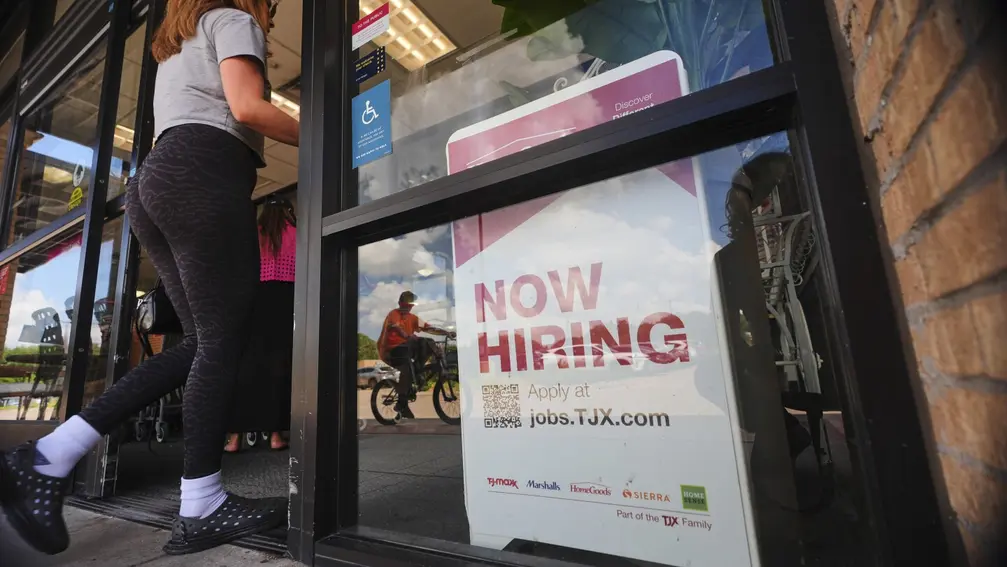T4K3.news
Wall Street slips as tariffs take effect
Stocks fell on Wall Street after Trump's tariffs were implemented on multiple countries.
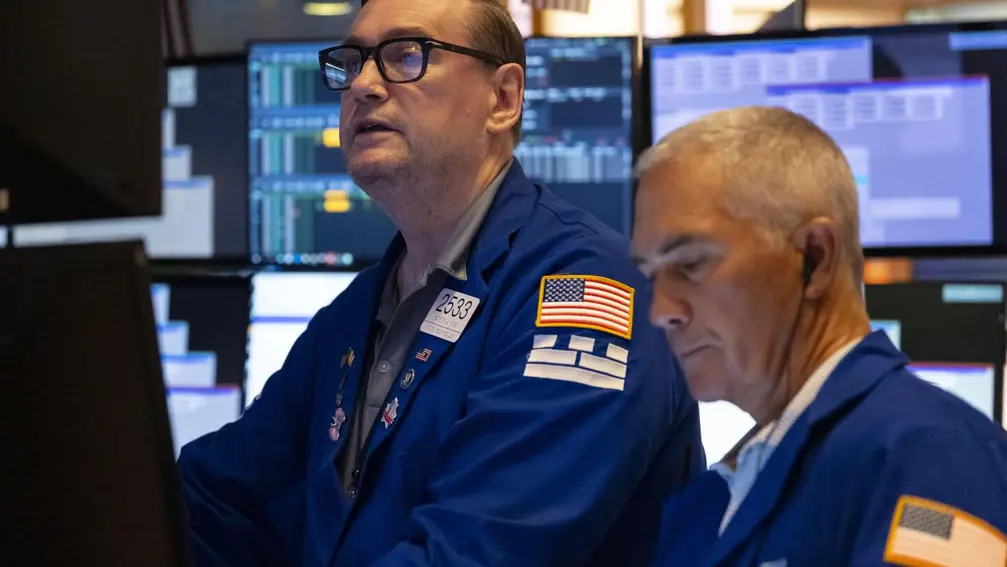
Stocks on Wall Street are declining following the implementation of President Trump's latest tariffs.
Wall Street faces pressure from Trump's new tariffs
Stocks on Wall Street saw a decline on Thursday as President Donald Trump’s new tariffs on numerous countries took effect. The S&P 500 dropped by 0.5%, while the Dow Jones Industrial Average decreased by 366 points, equivalent to 0.8%. This decline followed earlier gains and raised concerns about the potential damage these tariffs could inflict on the economy. A recent disappointing job report further fueled these worries, despite some optimism surrounding anticipated interest rate cuts from the Federal Reserve. The tariffs were known in advance and are less severe than initially proposed. Still, ongoing negotiations regarding export tax rates generate uncertainty in the market. The stock market reflects critical reactions, especially as questions arise about whether recent gains have made valuations too high. Apple’s stock rose by 2.9% after its CEO announced significant investment in U.S. manufacturing, providing some support amidst falling stocks. Meanwhile, other companies like Crocs and Intel struggled to maintain their stock values in light of increasing pressures attributed to these tariffs.
Key Takeaways
"There is nothing to see here!"
Carl Weinberg downplayed the economic indicators, suggesting they do not signal a recession.
"Large, cash-rich companies that can afford to build in America will be the ones to benefit the most."
Brian Jacobsen highlighted how corporate size plays a role in navigating tariffs.
The impact of Trump's tariffs is a stark reminder of how political decisions weave through economic realities. The mixed data from the job market and productivity highlight a complex narrative for investors. There’s significant concern that while large companies may benefit from adapting to tariffs, smaller businesses could face harsher consequences. This scenario raises critical questions about the economic landscape moving forward, particularly given the rapid increase in stock prices in recent months. As inflation concerns loom and consumer prices are expected to rise, the sustainability of the current market performance is under scrutiny. The stock increases from firms like Apple and DoorDash indicate that some companies can navigate these changes effectively, but there is a risk that broader economic pressures could eventually catch up with them.
Highlights
- Trump's tariffs bring uncertainty and mixed reactions in the market.
- Large companies may thrive, but small firms could struggle amid tariffs.
- This economic landscape is shaped by political decisions and market reactions.
- Apple's investment in U.S. manufacturing illustrates adaptation to new tariffs.
Wall Street faces major risks from Trump's tariffs
Tariffs are likely to increase consumer prices, prompting fears of inflation. This could pressure smaller businesses, leading to potential backlash from the public and investors.
As the situation unfolds, investors and analysts alike will be watching closely for further developments.
Enjoyed this? Let your friends know!
Related News
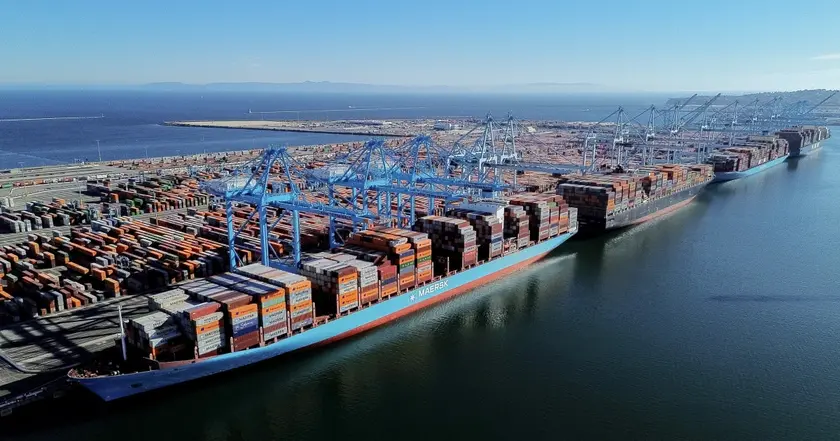
Trump sets new global tariff rates
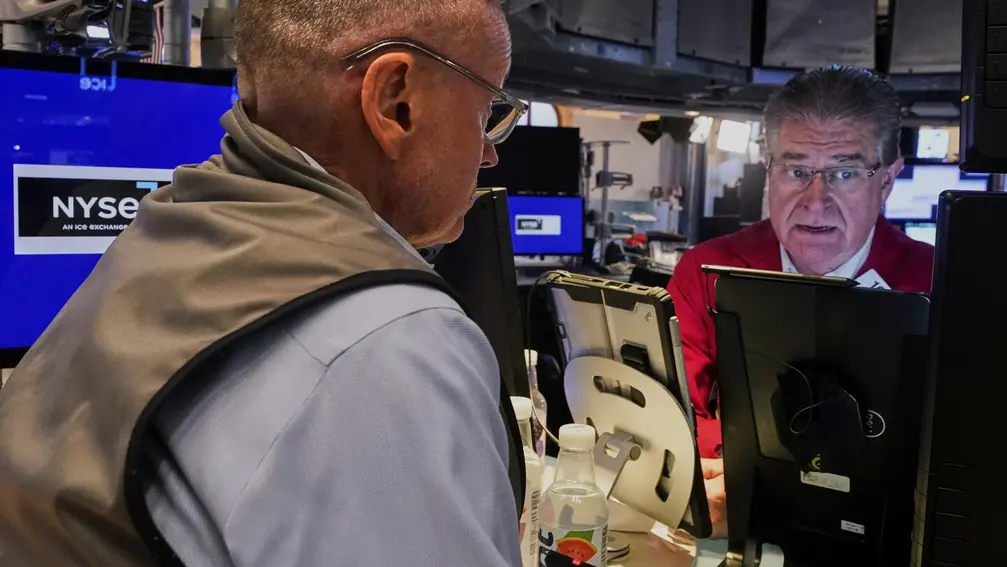
Wall Street reaches new record amid profit reports
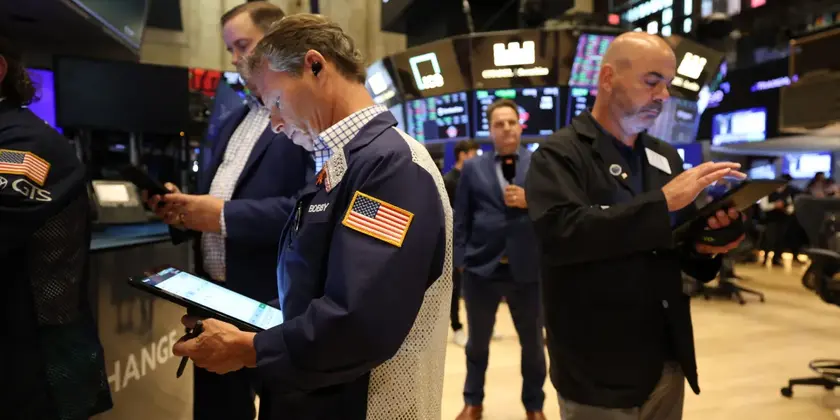
Investors brace for possible market shifts as Trump escalates tariffs

Dow futures decline as recession fears rise

Mortgage approvals increase as housing market stabilizes
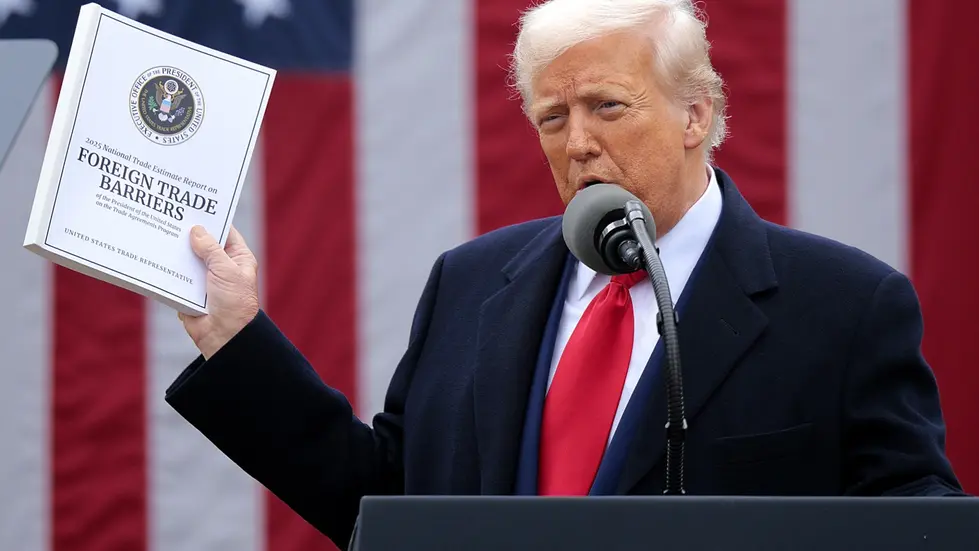
Stocks hit record highs despite tariff threats

US stock indexes decline as interest rate cut hopes fade
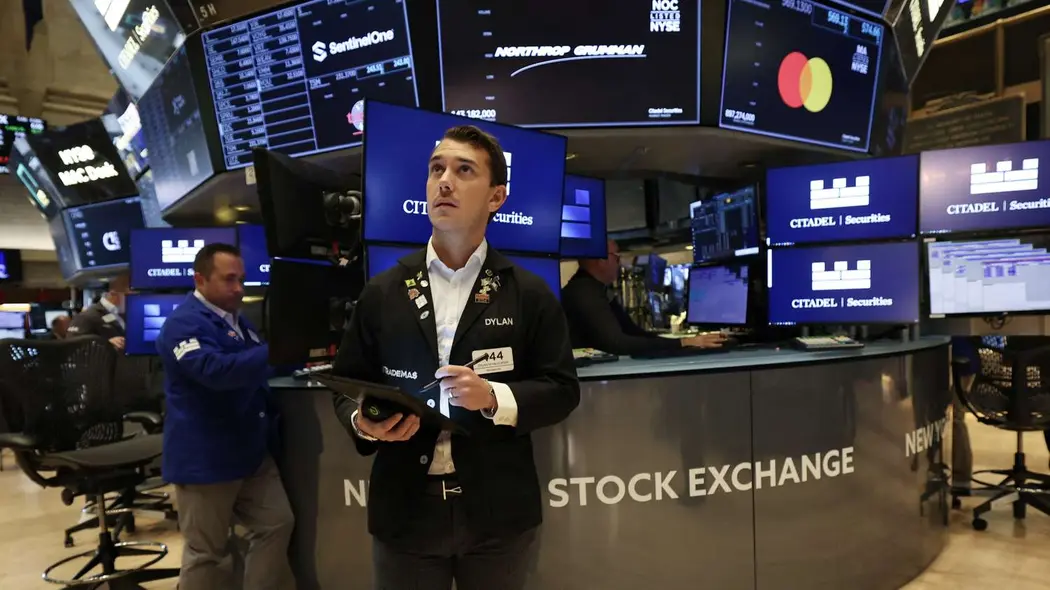
Stocks Fall as Tariff News Shakes Market
